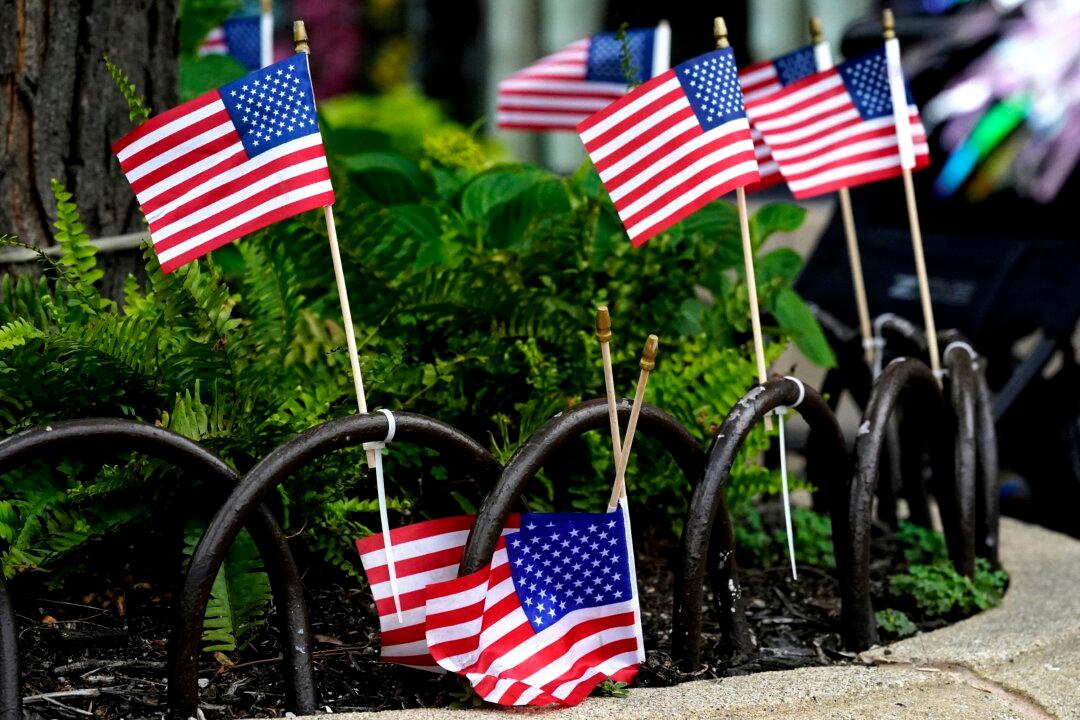Commentary
On July 3, 1776, shortly after the approval of the Declaration of Independence by the Second Continental Congress, John Adams wrote to his wife Abigail. “I am well aware of the Toil and Blood and Treasure, that it will cost Us to maintain this Declaration, and support and defend these States,” Adams wrote. “Yet through all the Gloom I can see the Rays of ravishing Light and Glory. I can see that the End is more than worth all the Means. And that Posterity will tryumph in that Days Transaction, even altho We should rue it, which I trust in God We shall not.”





